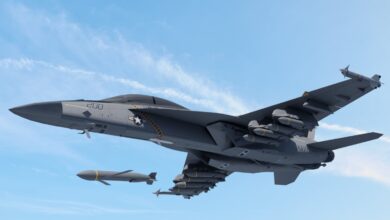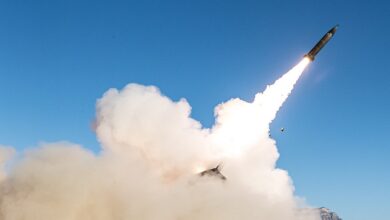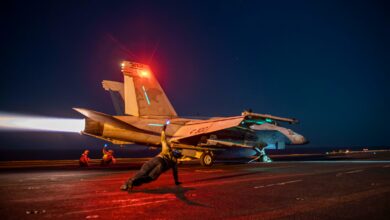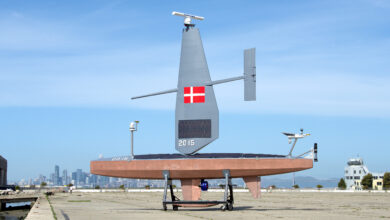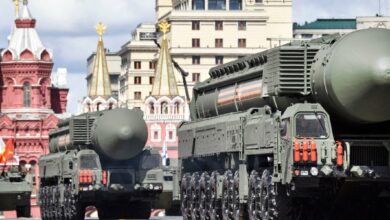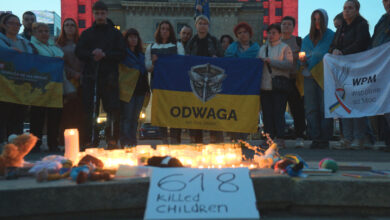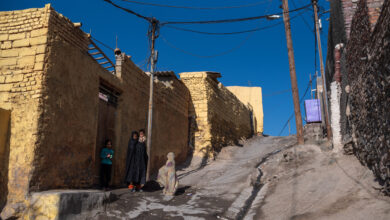French FM Urges Iraq to Keep Away from Regional Tensions
French Foreign Minister Jean-Yves Le Drian urged Baghdad on Thursday to “dissociate” itself from boiling regional tensions, hinting at dissatisfaction with unilateral Iranian and American strikes on Iraqi territory.
Iraq has been caught for years in the power struggle between its two allies Washington and Tehran but has walked an increasingly fine line since 2018, when the US began a “maximum pressure” campaign against Iran.
In January, a US drone strike on Baghdad killed top Iranian and Iraqi officials, and Tehran retaliated with strikes against American troops based in western Iraq.
Baghdad “should dissociate itself from regional tensions,” Le Drian warned after meeting with his Iraqi counterpart Fuad Hussein.
France has been a top member of the US-led coalition fighting the Islamic State group, which Iraq declared defeated in late 2017 after three years of warfare.
“The world should not drop its guard against the Islamic State group,” Le Drian said. “The coalition’s aim at its core is to fight the Islamic State, and it should for no reason be derailed from this central mission,” he added.
His comments appeared to hint at widespread frustration among western diplomats at Washington’s strikes against Iran-backed armed groups in Iraq.
They fear that these attacks would prompt a backlash against the coalition as a whole, not just US soldiers.
Following the US killing of Iranian general Qasem Soleimani and Iraqi commander Abu Mahdi al-Muhandis in January, Iraq’s parliament voted to oust all foreign troops.
Le Drian is the first western diplomat to visit Baghdad since Prime Minister Mustafa al-Kadhemi took office in May, although he has traveled to Iraq on many occasions.
He is expected to meet Kadhemi and Iraqi President Barham Saleh on his one-day visit.
He said France “backed (Kadhemi’s) first decisions,” including efforts to fight government corruption and rein in rogue groups firing rockets at foreign troops and diplomats.
France will facilitate $1.1 billion for “major projects in construction, transportation, energy, and water,” Le Drian announced.
Iraq’s public infrastructure has been worn down by years of warfare and poor investment, but low oil prices have forced it to cut state spending on improving services.



